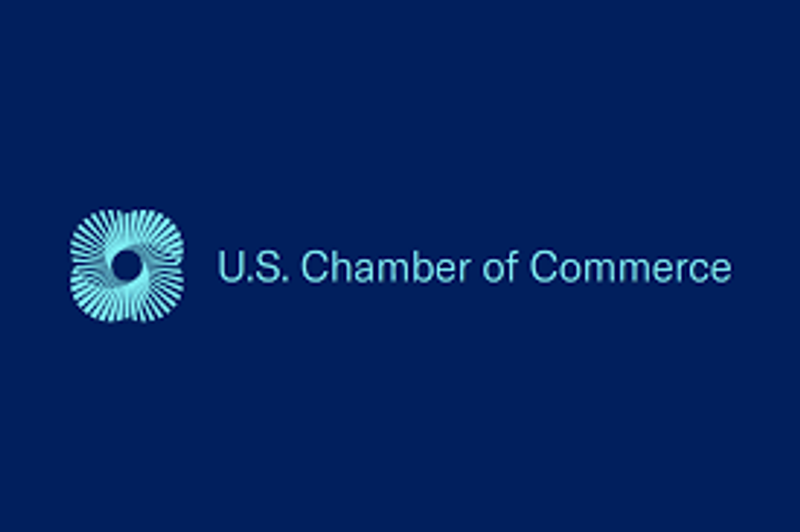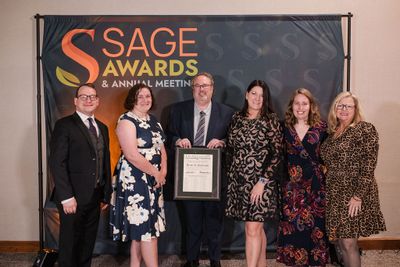Investing in Quality Education Is a Global Business Imperative

Today is the International Day of Education. The United Nations created this day in December 2018 to celebrate the role of education in building sustainable societies. The day is also intended to promote quality education opportunities for all.
Quality education is essential to a skilled and competitive workforce. Education is the foundation for people to gain skills for the workforce, increase their chances for economic mobility, and gain higher purchasing power. Well-educated and trained individuals make for quality employees or can establish successful businesses on their own.
However, data reveals that two-thirds of our fourth and eighth graders in the United States are unable to read or do math at their grade level. Globally, studies show that 84 million children and youth will be out of schools across the world by 2030 if global circumstances remain the same, and 300 million students around the world will lack basic numeracy/literacy skills. This would have major implications for the global workforce and consumer market for American businesses.
A Business Imperative
American businesses play an instrumental role in positively impacting global education outcomes. It starts with strong relationships and collaboration between business leaders, policymakers, and nonprofit leaders around the world. Increased collaboration ensures business leaders take an informed approach when investing in the education infrastructure in specific regions across the globe.
That’s why the United Nations made Quality Education one of their Sustainable Development Goals (SDGs) for U.S. business leaders and countries around the world. The SDGs are a list of 17 goals that were adopted by the United Nations in 2015. The purpose of the goals, also known as the 2030 Agenda for Sustainable Development, is to create a more peaceful and prosperous world for people and the planet.
American businesses have a vested interest in the SDGs because it positions people to become healthier, more educated and economically stable. Consequently, we could achieve a stronger consumer market, business community, global workforce and healthier planet by 2030 and beyond.
The students of today are the employees of tomorrow, and they need the skills to thrive in the 21st century global economy and beyond. The U.S. Chamber and U.S. Chamber Foundation will continue to highlight achievement gaps for U.S. and global learners and advocate for greater investment in our students—and future workers.
































